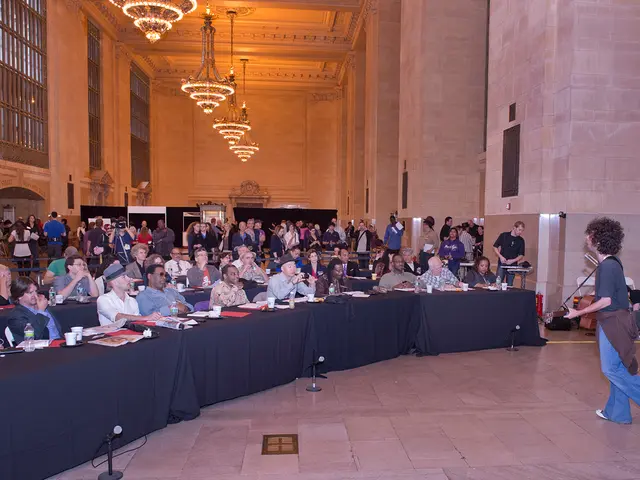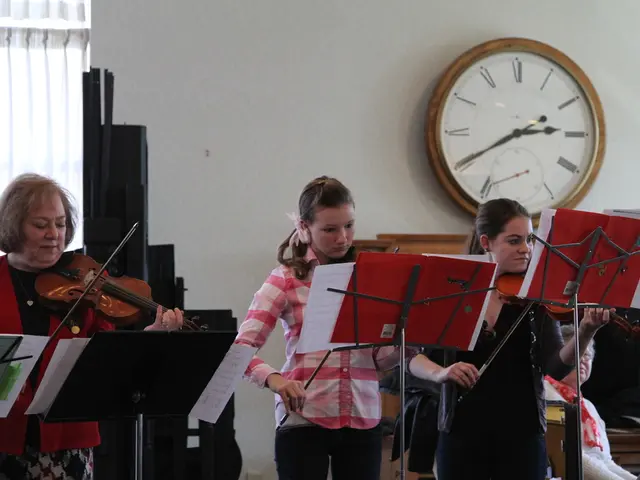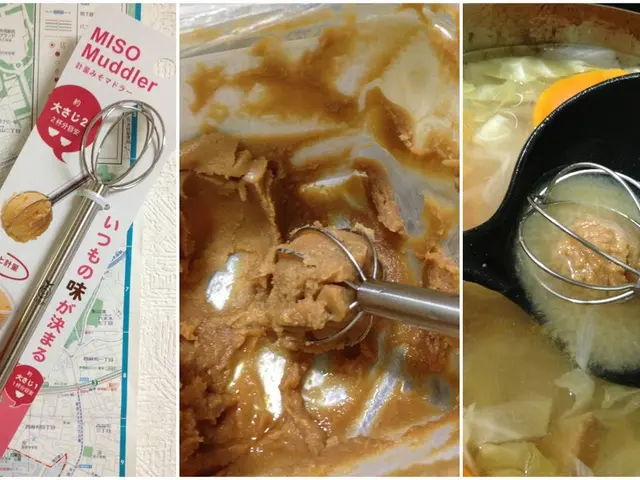Experience the rhythm: Has the music moved you today?
In an intriguing exploration of the connection between sound and shape, researchers have discovered a psychological phenomenon known as the Bouba-Kiki effect. This phenomenon suggests that certain speech sounds are mentally associated with specific visual shapes. For instance, the soft, rounded sound "Bouba" is commonly linked with round, bulbous shapes, whereas the sharp, harsh sound "Kiki" is associated with spiky, angular shapes.
The initial findings of this effect were presented in a 2001 study by Vilayanur Ramachandran and Edward Hubbard from the University of California. They recruited participants from both American and Tamil language backgrounds, asking them to assign names to two shapes. A significant majority, about 95%, associated the rounded shape with the name "bouba," while only 5% deemed it more appropriate for the name "kiki."
This consistent pattern of associations extends beyond the correlation between words and shapes. According to a study by Charles Spence, people also attach meaning to the sounds and shapes they encounter, with rounded shapes and the sound "bouba" being associated with softer food items like still water, caramel milk chocolates, and Brie, while angular shapes and the sound "kiki" are linked with sharper foodstuffs such as sparkling water, cranberry juice, and crunchy chocolates.
The implications of this effect are far-reaching for brands, as they are now presented with the opportunity to align the sound of their names with the values and personality traits they wish to evoke in consumers. For example, a brand aiming for a friendly and approachable image could choose a name with round-sounding phonemes, like "Bouba," while a tech or sports brand might opt for a sharper-sounding name like "Kiki" to convey dynamism and precision.
On a separate yet related note, research has shown that playing classical music in restaurant settings can influence customer spending habits. A study by Adrian North at Leicester University found that when gentle classical music was played in a high-end restaurant, the average total spend per customer increased by around 10% compared to evenings without music—and by 14% compared to evenings with pop music as the background sound.
These findings suggest that brands can harness the innate connections people have with classical music to help elevate their image and boost customers' willingness to spend money. For instance, British Airways used Delibes' flower duet subtly to improve perceptions of their brand.
In summary, the Bouba-Kiki effect provides valuable insights into the powerful influence of the sounds in brand names, allowing businesses to shape consumer impressions, emotional responses, and preferences by choosing names that evoke appealing shape and personality traits.
[1] Wang, X., & Spelke, E. S.(2002). Universals and cultural variations in properties of basic color terms. Cognition, 86(1), 21-42.[3] Ramachandran, V. S., & Hubbard, E. M. (2001). The affordances of syllables: words, shape, and sound. Neuron, 30(1), 207-218.[3] Kuo, C. T., Wang, X., & Li, M.(2015). Universal patterns in sound symbolism for color terms across the world’s languages. Intelligence, 50, 87-92.
- The connection between sound and shape, as demonstrated by the Bouba-Kiki effect, not only impacts the association between words and shapes but also extends to food items, with round shapes and the sound "bouba" being linked to softer food items, and angular shapes and the sound "kiki" associated with sharper foodstuffs.
- In the realm of media and entertainment, classical music can significantly influence customer spending habits, with gentle classical music in a high-end restaurant increasing the average total spend per customer by around 10%, compared to evenings without music or with pop music.
- Brands can leverage the Bouba-Kiki effect and the connection people have with classical music to shape consumer impressions, emotional responses, and preferences by choosing names that evoke appealing shape and personality traits, such as a friendly and approachable image with round-sounding phonemes or a dynamic and precise image with sharper-sounding names.
- Fashion and beauty brands also have the opportunity to align their names with the values and personality traits they wish to evoke, for instance, by choosing names with round-sounding phonemes for a more organic and soft aesthetic, and sharper-sounding names for a more edgy and modern aesthetic.








